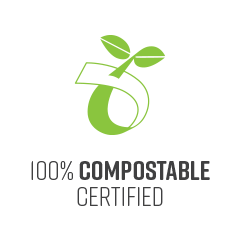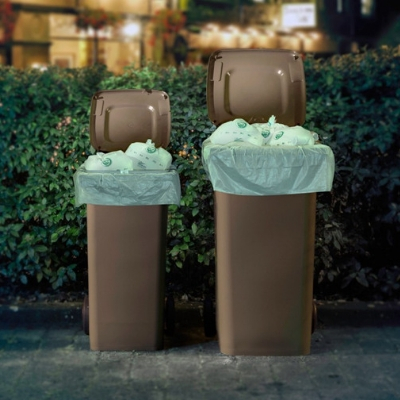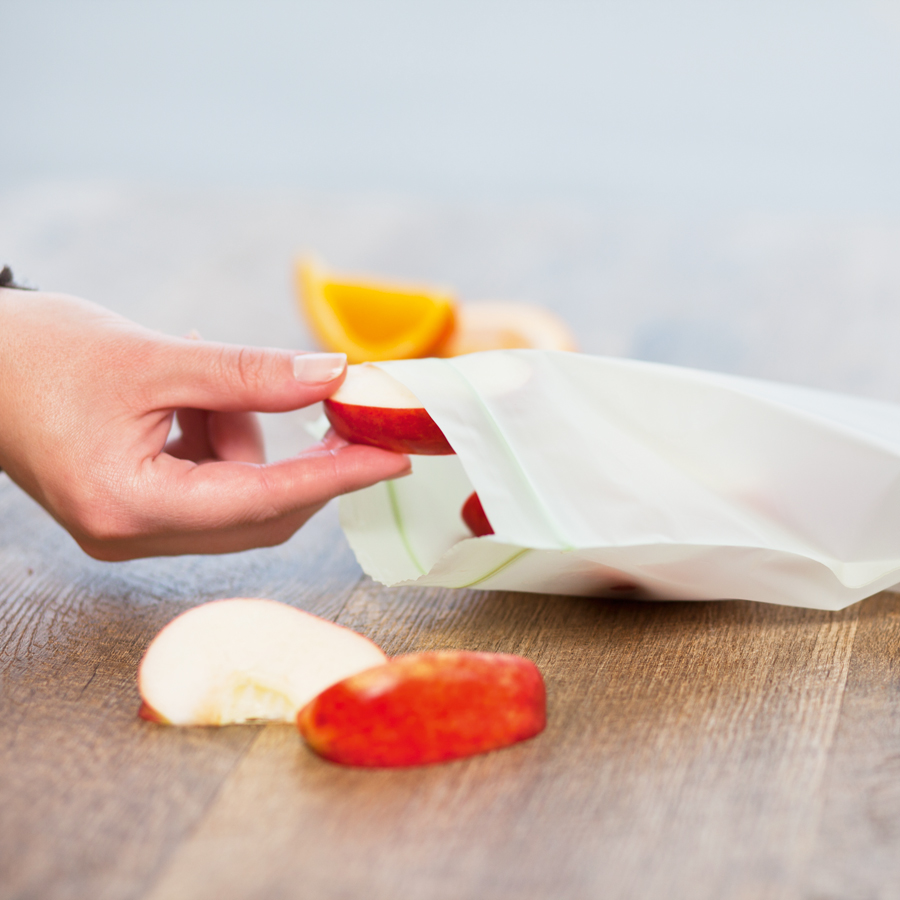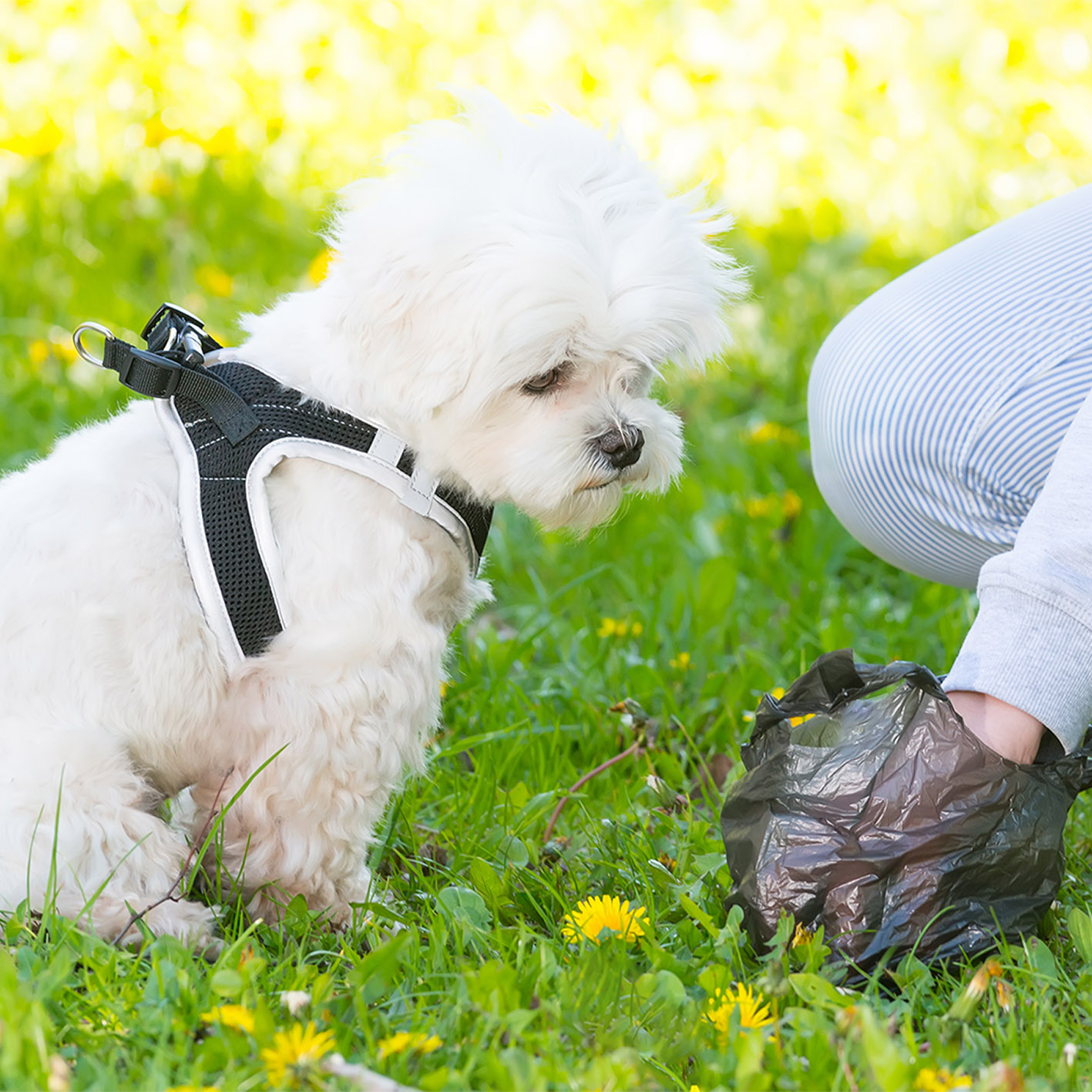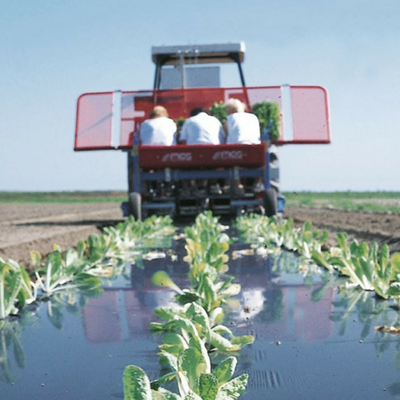
Council FOGO bins reduce carbon emissions
If just one percent of Australian households diverted food scraps away from landfill, that would be the equivalent of removing 22,655 cars from the road a year.
Australia’s greenhouse gas emissions have been rising and approaching all time highs. When organic waste including food scraps are sent to landfill they release greenhouse gas emissions that contribute to climate change. Composting, on the other hand, can help to mitigate climate change by capturing carbon in soil.
 An increasing number of local councils are offering households Food Organics and Garden Organics (FOGO) kerbside collection services to divert organics away from landfills for composting. If you don’t already have one, you can ask your local council for a FOGO bin.
An increasing number of local councils are offering households Food Organics and Garden Organics (FOGO) kerbside collection services to divert organics away from landfills for composting. If you don’t already have one, you can ask your local council for a FOGO bin.
To help households collect kitchen scraps, councils supply residents with a compost caddy and roll of compostable bags. The only Australian made compostable bags given to households are made in Adelaide by Scott Morton from BioBag World Australia.
“Victoria’s State Government has mandated that all councils introduce a compulsory FOGO service,” Scott said.
“And NSW now has 50 councils committed to offering residents FOGO services, up from nine in 2011.
“South Australia has been offering residents FOGO bins for years and Victoria also has more than 40 councils on board now.”
Australian made BioBags line Armidale residents’ kitchen caddies to collect food scraps that go to the local composting facility for recycling into a high quality compost that’s sold back to residents as a backyard soil conditioner.
 “Armidale Regional Council residents have embraced their FOGO service and are diverting more than 1,800 tonnes of organic resources away from landfill for composting each year,” Scott said.
“Armidale Regional Council residents have embraced their FOGO service and are diverting more than 1,800 tonnes of organic resources away from landfill for composting each year,” Scott said.
“1,800 tonnes of organic waste in a landfill would emit 2,880 tonnes of carbon dioxide equivalent (CO2-e). This is the same as taking 1,195 cars off the road a year.
“Armidale residents buy back an average 482m3 of compost a year. Composting draws down carbon from the atmosphere and helps lock it into the ground where it regenerates soil.”
“If Australia recycles 95 percent of our organic resources by 2030 (up from the current 51.5% including garden organics), an extra 3.2 million tonnes of greenhouse gas emissions would be saved. This is equivalent to planting 4.8 million trees or taking 742,000 cars off the road each year,” Scott said.
This video shows how Armidale Regional Council closes the organics loop:
Calculations: If just one percent of Australian households diverted food scraps away from landfill, that would be the equivalent of removing 22,655 cars from the road a year.
-
The Australian Government has updated the greenhouse gas factors for food waste (FO) to x 2.1 and garden waste GO to x (1.6) (Australian Government)
-
The Average Australian household sends 260kgs of food to landfill a year (Foodbank) = 494kgs of CO2-e (Watch My Waste)
-
The average (medium) Australian car produces 2,410kgs of carbon dioxide equivalent a year (Carbon Neutral Charitable Fund)
10 million Australian households x 1% x 260kgs = 26 million kgs of food waste x 2.1 greenhouse gas factor = 54.6 million kgs of CO2-e / 2,410kgs of CO2-e per car = 22,655 cars off the road a year.
Learn more about the benefits of composting for climate change and the benefits of using a vented compost caddy to prevent odours in your kitchen.

